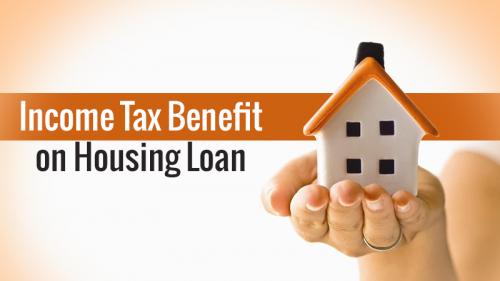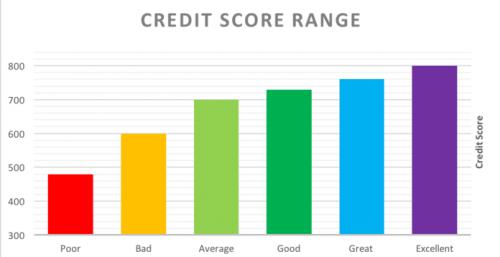Is Personal Loan Pre-Payment Advantageous?
Every year, thousands of people avail a personal loan to meet an urgent need for cash within a short time. Such credits are popular among borrowers because of the flexibility that they offer. Many get personal loan to tackle any financial crunch like emergency medical expenses, to finance a trip, utilizing the funds for a festival, etc. However, another use of an unsecured personal loan is to improve one’s CIBIL rating.
The flexible nature of personal loans allows a borrower to utilize it in various ways. If someone chooses to use the funds to pre-pay any existing debt, the CIBIL score improves. Pre-payment of a personal loan also has various other benefits. One can choose either to do a full pre-payment or a part pre-payment, and both of them come with their unique set of advantages.

Let’s take a look at whether personal loan pre-payment is advantageous or not!
Full pre-payment – As the name suggests, if you decide to pay the total sum of the loan before the tenure ends, it is called a full pre-payment. Many chose it over a part pre-payment because it saves a lot of money on interest. Although personal loan interest rates are lower than other forms of unsecured credits (like a credit card loan). But repaying it in advance allows the borrower to pay the lower EMIs to the entire loan tenures.
Also, foreclosing the debt will put a positive impact on the CIBIL rating. As the borrower managed to pay the entire debt early, he/she will be deemed financially stable and more creditworthy. Better CIBIL rating will help improve ones’ personal loan eligibility.
Most financial institutions have a lock-in period after which one can repay the entire debt at once. The lock-in period can be used to plan and save funds, while the EMI amount saved can be invested into other investments.
Financial institutions might charge a minimum amount of foreclosure penalty. For example, Bajaj Finserv charges nominal fees if a borrower decides to make a full pre-payment.
The lending institution also provides lucrative pre-approved offers for personal loans, business loans, home loans, and a host of other financial products and services. These offers simplify the process of availing financing and save time on the process. A borrower just has to share a few necessary details online.
Part pre-payment – Part pre-payment is when a borrower decides to repay a part of the total loan amount. Part pre-payment is helpful when someone wants to bring down the principal amount. It also reduces the EMIs and the overall interest rates on a personal loan that a borrower would pay.
Most lenders do not levy any charges if the total amount paid in one year is less than 25% of the principal outstanding amount. On the other hand, if the amount is equal to or more than 25%, a 4% charge on principal outstanding, plus applicable taxes will be levied. The sum total of these charges might vary between lenders, but it can be checked at the personal loan interest rate and charges page of a lender.
Part pre-payment does not have any effect on your credit rating. But the reduction of the total loan amount and subsequently the EMIs make it an attractive option among borrowers.
It is wise to repay any debt as soon as possible. A borrower should check all the available information thoroughly, and take a detailed look at his/her financial condition before deciding whether to go for a part of a full pre-payment. Both the ways offer their unique advantages and can help prepare someone for their next personal loan.







Comments